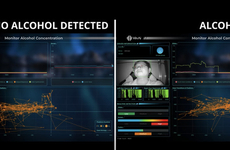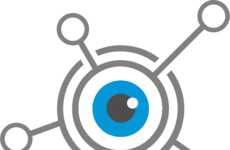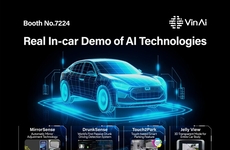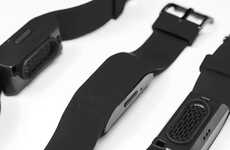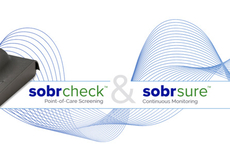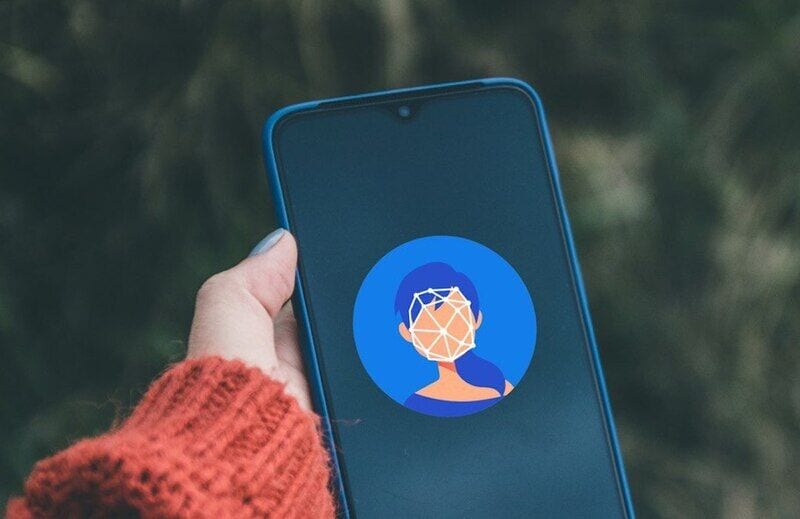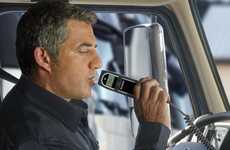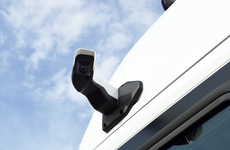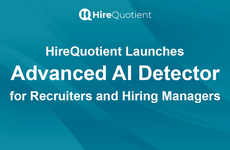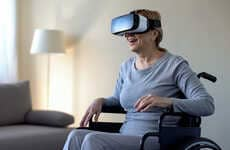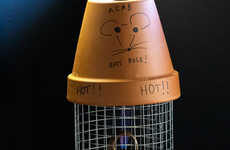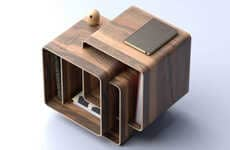
Researchers Work Towards a Drunk-Driving Detection Software
References: dreamstime & designtaxi
The group of researchers at the Vietnam National University of Ho Chi Minh City is working towards a new drunk-driving detection artificial intelligence software. This is to help with determining when a driver is intoxicated to avoid any impaired driving, which is a major concern on a global scale.
The network is different from other detectors that have been introduced in the past, as indicated in the International Journal of Intelligent Information and Database Systems. The software is usually developed to focus on the person's eyes, the position of their head, and other functional state indicators. This new artificial intelligence actually posits thermal imaging which is a much less ambiguous way of indicating the intoxication state and allows a non-invasive scan of a driver's face.
Image Credit: Iryna Shatilova, Dreamstime.com
The network is different from other detectors that have been introduced in the past, as indicated in the International Journal of Intelligent Information and Database Systems. The software is usually developed to focus on the person's eyes, the position of their head, and other functional state indicators. This new artificial intelligence actually posits thermal imaging which is a much less ambiguous way of indicating the intoxication state and allows a non-invasive scan of a driver's face.
Image Credit: Iryna Shatilova, Dreamstime.com
Trend Themes
1. AI Drunk-driving Detection - Developing AI software that can detect intoxicated drivers using thermal imaging may disrupt the automotive industry's safety measures.
2. Non-invasive Facial Scanning - Researching non-invasive facial scanning with thermal imaging technology could disrupt the healthcare industry by creating easier and more accessible diagnostic tools.
3. Intoxication Detection Systems - Integrating intoxification detection systems into public safety measures may disrupt the law enforcement and security industries by changing how their respective authorities handle safety measures.
Industry Implications
1. Automotive - The automotive industry may be disrupted by developing and implementing AI drunk-driving detection technology using thermal imaging.
2. Healthcare - Facial scanning using thermal imaging technology may present disruptive innovation opportunities for the healthcare industry and their patient diagnostic tools.
3. Law Enforcement and Security - Intoxification detection systems may change how law enforcement and security authorities handle safety measures and thus has disruptive innovation opportunities.
5.6
Score
Popularity
Activity
Freshness

